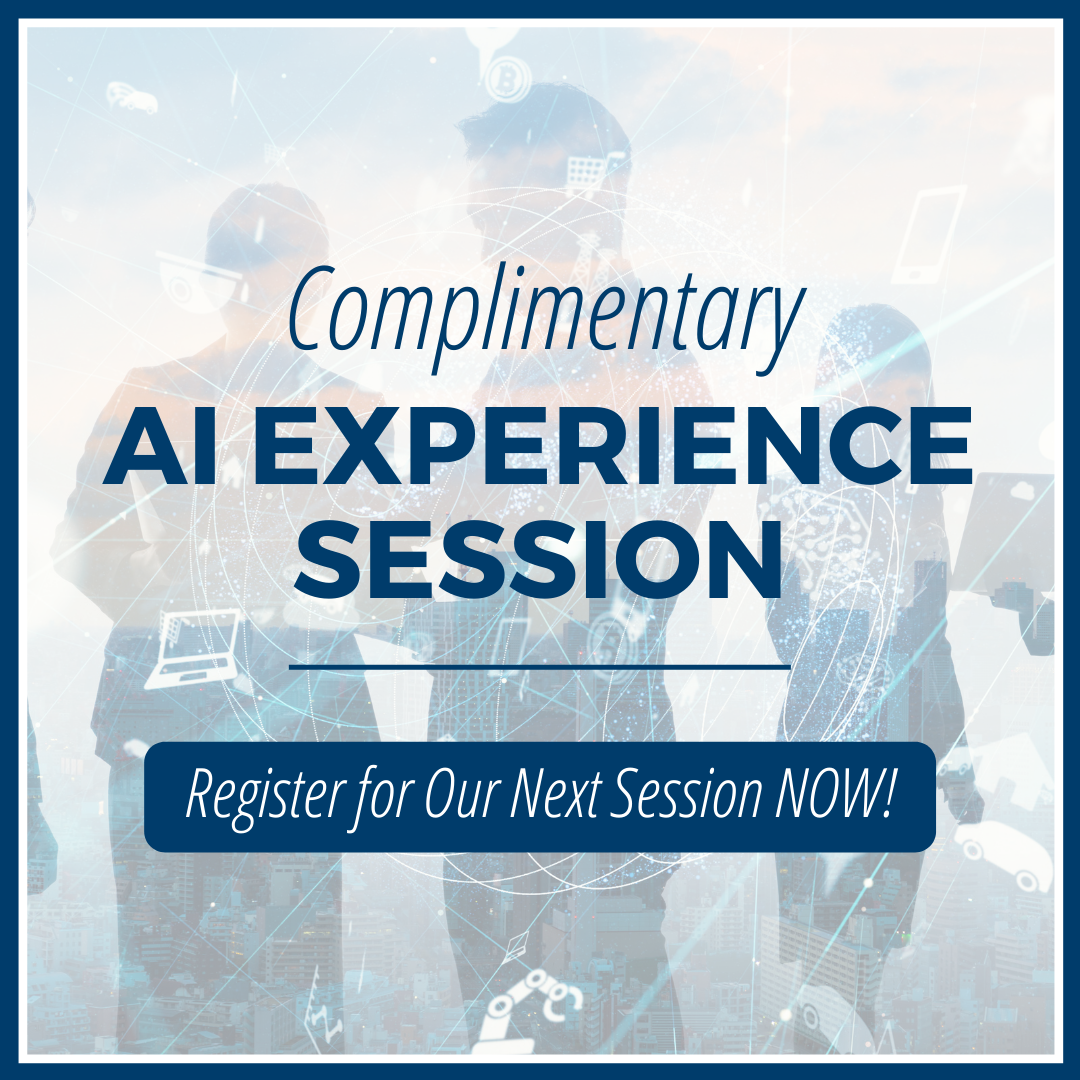Artificial Intelligence and the Need for Ethics

The Institute for Electrical and Electronics Engineers (IEEE) published a lengthy study (291 pages) on the subject of ethics in Artificial Intelligence – Ethically Aligned Design, first edition- A Vision for Prioritizing Human Well-being with Autonomous and Intelligent Systems. Computers are machines and as such, they are without the human characteristic of rationality; simply put, machines are amoral, having no moral code within them and thus per se are without ethics. IEEE proposes, therefore, changing “AI” to “A/IS” = autonomous and intelligent systems as explained in the opening paragraph of their monograph. IEEE considers “AI” a vague term.
As the use and impact of autonomous and intelligent systems (A/IS) become pervasive, we need to establish societal and policy guidelines for such systems to remain human-centric, serving humanity’s values and ethical principles. These systems must be developed and should operate in a way that is beneficial to people and the environment, beyond simply reaching functional goals and addressing technical problems. This approach will foster the heightened level of trust between people and technology that is needed for its fruitful use in our daily lives.
A/IS, then, will draw attention to its impact on individuals and societies to improve processes, be more transparent with decisions and planning, as well as unbiased pattern recognition of data by tagging warnings of discrimination, harm to privacy and economy, security risks, and long-term impact on social well-being (ibid – p. 3). Only when AI technologies are aligned with social values and ethical principles will humanity benefit from technological advances. This is … “what we – the techno-scientific community and every group involved with and/or affected by these technologies—could do for society to advance in positive directions” (ibid). Aristotle is quoted as placing well-being “as the highest virtue for a society.”
Ethically Aligned Design (EAD1e) sets forth scientific analysis and resources, high-level principles, and actionable recommendations. It offers specific guidance for standards, certification, or legislation for design, manufacture, and use of A/IS that provably aligns with and improves holistic societal well-being. Anyone interested in an in-depth study of AI and ethics will find this study worthwhile, something much needed in today’s ubiquitous use of this growing technology.
Take away: Human-centric well-being is the primary measure of the success of society’s development. Putting authentic ethical principles into the autonomous capacity of intelligent technical systems will benefit our population around the globe.
Sources:
[1] (Note: how to cite EAD1e): The IEEE Global Initiative on Ethics of Autonomous and Intelligent Systems. Ethically Aligned Design: A Vision for Prioritizing Human Well-being with Autonomous and Intelligent Systems, First Edition. IEEE, 2019. https://standards.ieee.org/content/ieee-standards/en/industry-connections/ec/autonomous-systems.html (p. 290).
The full text is found here – 2019; IEEE – Advancing Technology for Humanity



